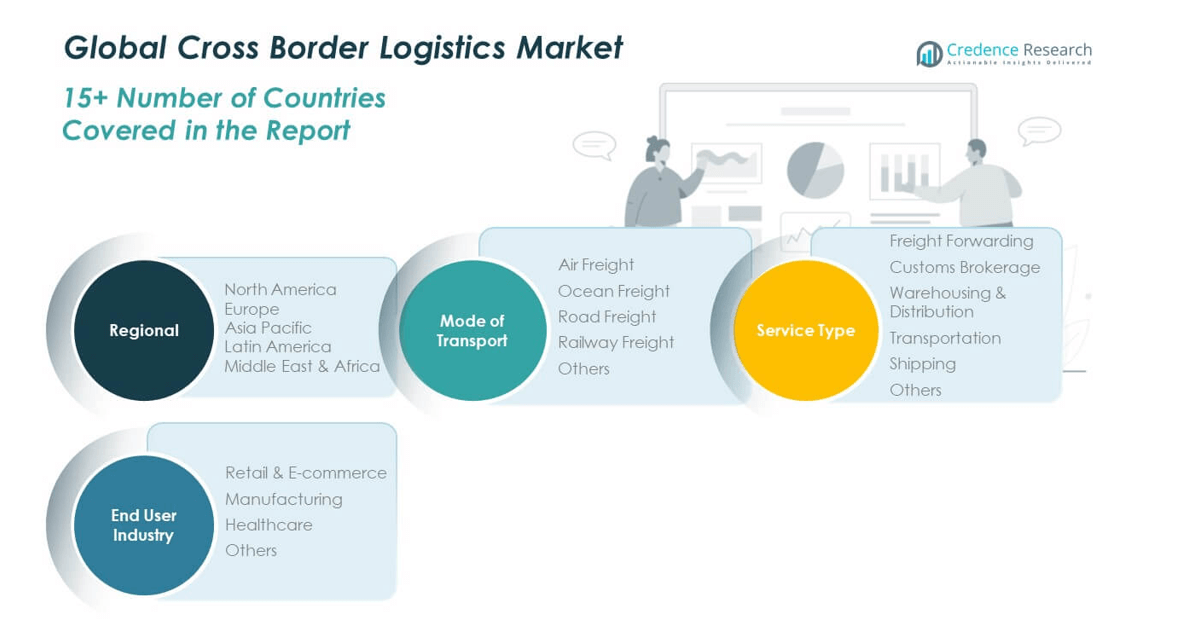Cross-border logistics and international expansion strategies for marketplace sellers involve managing complex shipping, customs, and fulfillment processes to reach customers in multiple countries efficiently and cost-effectively.
Key strategies and logistics considerations include:
-
End-to-end managed shipping solutions: Using providers that handle the entire shipping process—from local collection, international air or sea freight, customs clearance, to last-mile delivery—ensures a seamless experience for sellers and buyers. This approach leverages high-volume carrier agreements to reduce costs and provides full tracking visibility, which helps build customer trust and repeat business.
-
Choosing between cross-border shipping and local fulfillment:
- Cross-border shipping means fulfilling international orders directly from the seller’s domestic warehouse, which is simpler initially but can lead to longer delivery times, higher shipping costs, and customs delays.
- Local fulfillment involves placing inventory in warehouses within target markets or regions, enabling faster delivery, lower shipping costs, and fewer customs issues. However, it requires upfront investment in local infrastructure, inventory management, and compliance with local tax and regulatory requirements.
-
Platform and sales channel selection:
Sellers can expand internationally via:- International marketplaces (e.g., Amazon, eBay) that provide access to large customer bases but limit branding control.
- Localized websites tailored to each market for better brand control but requiring investment in localization and marketing.
- Third-party ecommerce platforms (e.g., Shopify) offering multicurrency, language, and shipping integrations for simpler cross-border selling.
- Direct-to-consumer (DTC) models for full control but higher marketing and fulfillment costs.
- Partnerships with local distributors to leverage established networks, though with shared profits and less brand control.
-
Customs and tax compliance:
Sellers must decide on incoterms such as Delivered Duty Unpaid (DDU), where customers pay duties on delivery, or Delivered Duty Paid (DDP), where sellers cover these costs upfront. Local fulfillment often requires VAT registration and tax filings in each market, adding complexity but improving customer experience. -
Leveraging specialized cross-border logistics services:
Some marketplaces and logistics providers offer dedicated cross-border shipping programs with negotiated freight rates, customs brokerage support, and multi-port coverage to simplify imports and reduce lead times. These services often include ocean freight options (FCL/LCL) and seller support in multiple languages.
In summary, marketplace sellers aiming for international expansion should carefully balance the trade-offs between cross-border shipping and local fulfillment, select appropriate sales channels to match their brand and resources, and partner with logistics providers offering integrated, end-to-end solutions that handle customs and last-mile delivery efficiently. This strategic approach enables scalable, cost-effective global growth with a positive customer experience.




















Maple Ranking offers the highest quality website traffic services in Canada. We provide a variety of traffic services for our clients, including website traffic, desktop traffic, mobile traffic, Google traffic, search traffic, eCommerce traffic, YouTube traffic, and TikTok traffic. Our website boasts a 100% customer satisfaction rate, so you can confidently purchase large amounts of SEO traffic online. For just 720 PHP per month, you can immediately increase website traffic, improve SEO performance, and boost sales!
Having trouble choosing a traffic package? Contact us, and our staff will assist you.
Free consultation